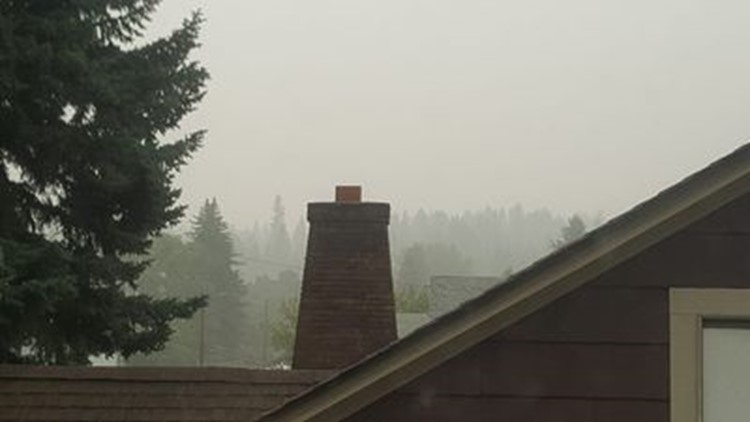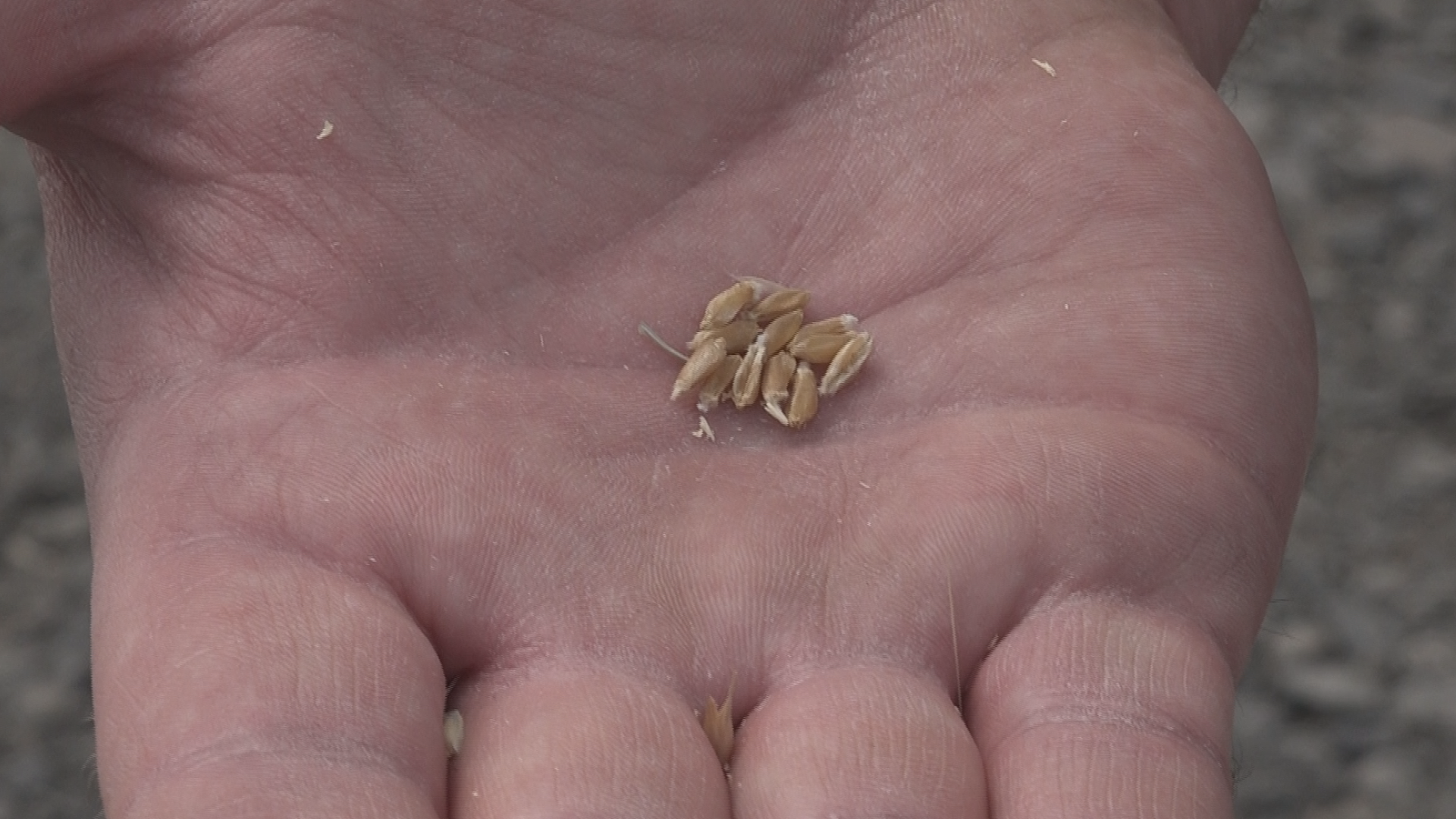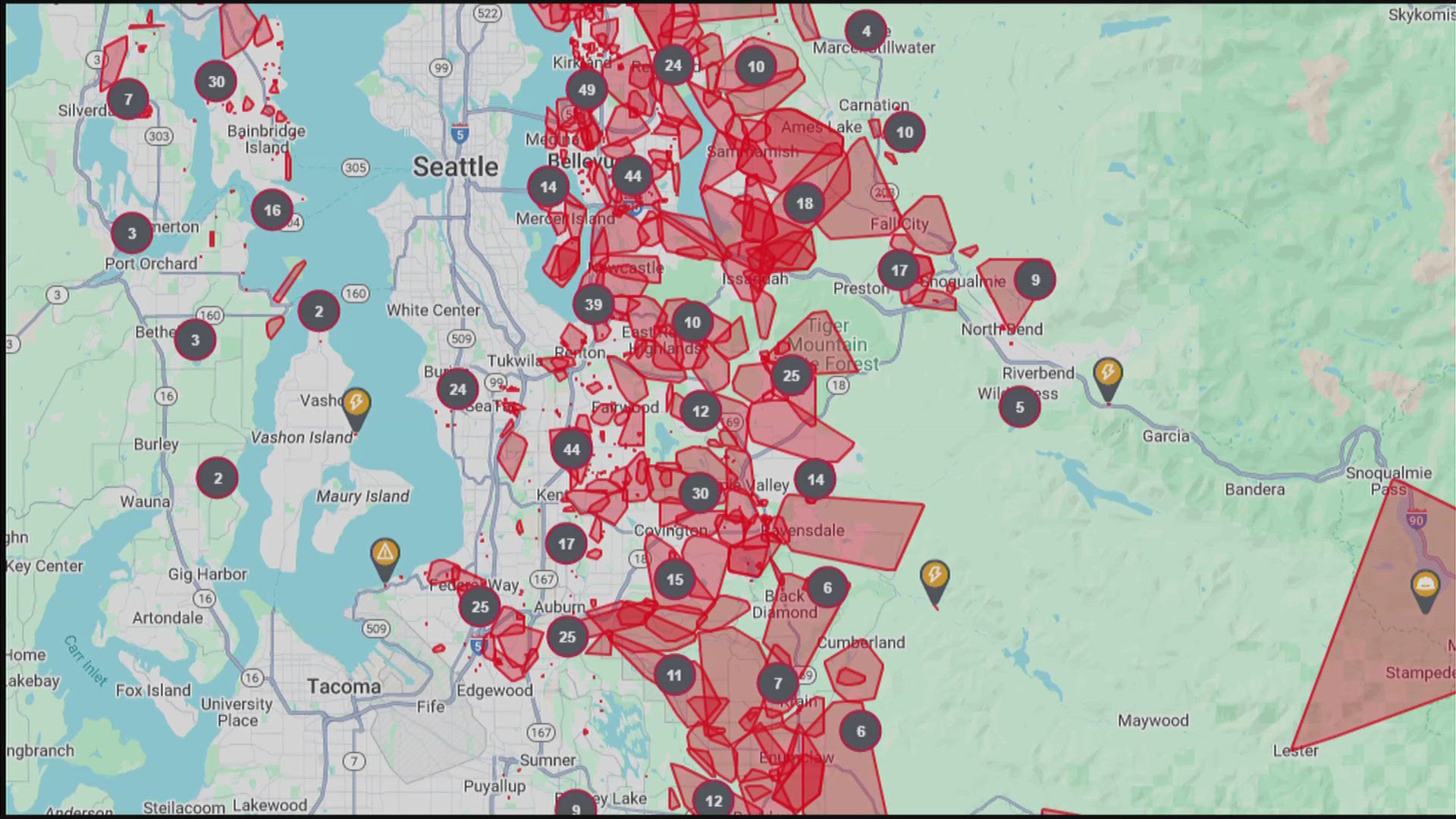SPOKANE, Wash. — Smoke will return to the sky this weekend, a stark reminder of the ongoing fire danger in the region.
On Sunday night, the air quality has reached unhealthy which means that everyone may begin to experience health effects; members of sensitive groups may experience more serious health effects.
On Saturday and Sunday, the air quality is moderate which means that there could be moderate health concerns for a very small number of people who are unusually sensitive to air pollution, according to the Spokane Regional Clean Air Agency.
Wildfires burning in British Columbia are emitting enough smoke that it will move into Washington and Idaho as the wind shifts this weekend. The smoke will cause hazy skies and reduced air quality.
A bulk of the smoke is coming from the wildfires burning near Lytton, British Columbia. The town sits about 95 miles northeast of Vancouver. Those fires started amid the historic heatwave as temperatures climbed to 121 degrees in Litton, setting the record for the hottest temperature ever recorded in Canada.
As the wind shifts, smoke will start to pour into north central Washington on Friday evening. Places like Omak will start seeing the smoke first. It will spread overnight Friday into Saturday. The smoke will move into central Washington and northeastern Washington early Saturday morning. In Spokane, it’s likely a thick atmospheric haze will last through the weekend as the smoke moves through the area.
The smoke has the potential to cause reduced air quality in areas as early as Friday night. When air quality drops it is important to avoid rigorous activities outdoors, stay hydrated and reduce time spent in smoke. It’s also a good idea to keep doors and windows closed to keep the air indoors as clean as possible.
Extreme drought conditions now encompass more than 35 percent of the state of Washington. Vegetation is as dry as during peak fire season and the Fourth of July is historically the day of the year with the most wildfire starts. That combination is not good when it comes to preventing devastating wildfires.




